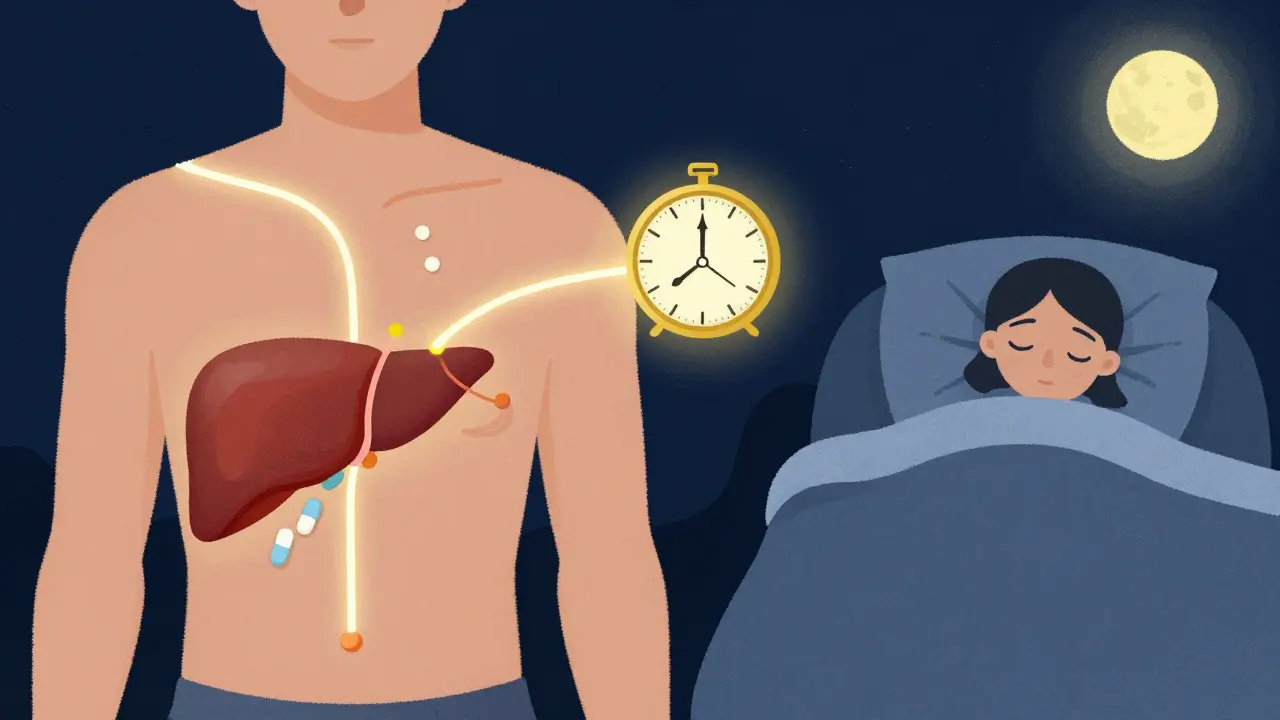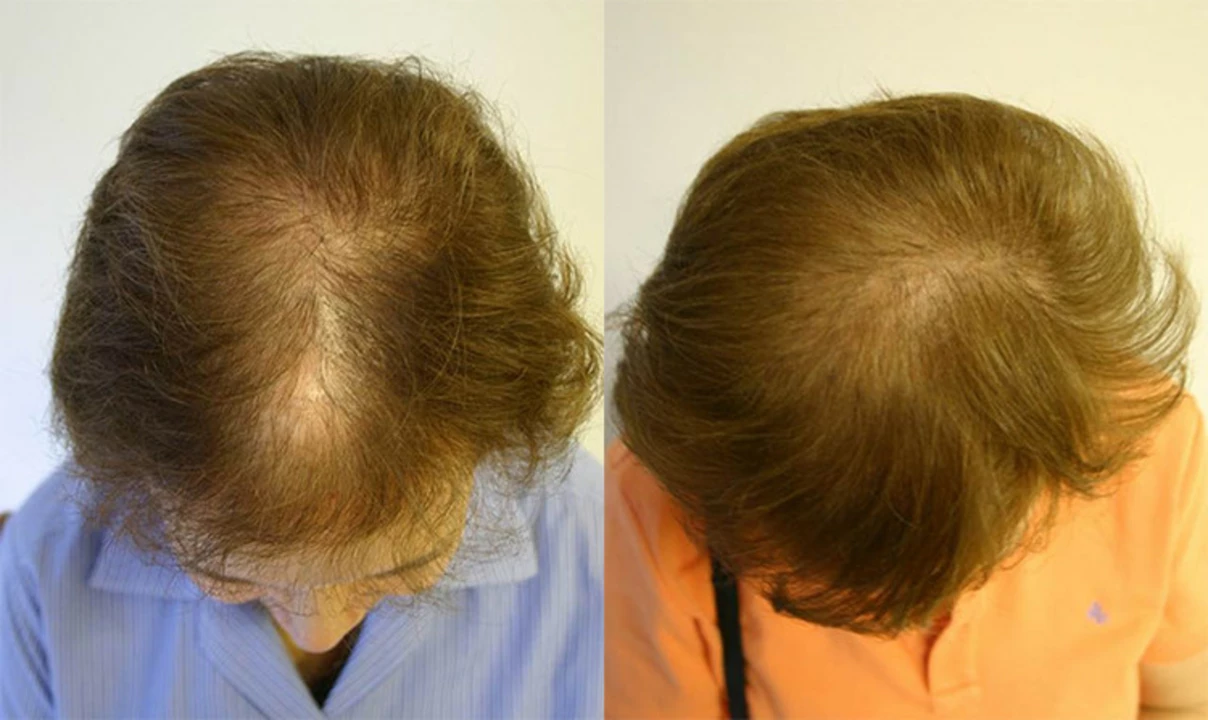Side effects: how to spot, manage, and report medication reactions
Starting a new medicine can feel like rolling the dice. Some drugs do exactly what you need; others bring unwanted effects. The good news: most side effects are predictable and manageable if you know what to watch for and what steps to take.
How to tell a mild reaction from a dangerous one
Timing matters. If a symptom shows up in the first hours or days after a new medicine, it’s often related to the drug. Common mild reactions include nausea, headache, drowsiness, mild rash, or stomach upset. These often settle after a few days or after your body adjusts.
Red flags need fast action. Call emergency services or get to an ER if you see difficulty breathing, swelling of the face or throat, high fever, severe rash with blisters, chest pain, fainting, or sudden severe weakness. Those signs can mean a life-threatening reaction like anaphylaxis or a severe drug rash.
Practical steps to reduce risk and respond
Before you take the first dose, read the leaflet. Note common side effects and any required lab checks. Some drugs need blood tests or eye checks—hydroxychloroquine and methotrexate are examples where monitoring matters. If your medication requires follow-up, set calendar reminders so tests don’t slip.
Simple fixes often help. Take meds with food if stomach upset is the problem, split doses to reduce peaks that cause dizziness, avoid alcohol when a drug causes sedation, and adjust timing if a medicine wakes you at night. Ask your pharmacist whether a liquid, lower dose, or different formulation could ease symptoms.
Drug interactions are a frequent cause of trouble. Bring a complete list of prescriptions, OTC meds, and supplements to every clinic or pharmacy visit. Pharmacists use screening checklists — like those for imipramine or other interacting drugs — to flag dangerous combinations. If you’re switching thyroid meds or stopping a drug, follow step-by-step plans to avoid withdrawal or hormone swings.
If a side effect is mild but bothersome, talk to your prescriber before stopping. They may lower the dose, suggest an alternative, or add a short-term drug to control the symptom. Some reactions require tapering rather than abrupt stopping to prevent rebound problems.
Report what you experience. Your healthcare team needs details: when the symptom started, how long it lasts, and whether it affects daily life. You can also file a report with your country’s safety authority (for example, FDA MedWatch in the U.S.). Reporting helps track rare but serious reactions and improves safety for everyone.
Finally, be cautious with online purchases. Buying meds from unknown sites increases the risk of wrong doses or counterfeit products—both can cause unexpected side effects. Stick to licensed pharmacies and ask your pharmacist if you’re unsure.
Side effects are common, but you don’t have to guess. Watch timing, know the red flags, get lab checks when required, and keep communication open with your pharmacist and prescriber. That makes side effects easier to manage and far less scary.

- 8 Comments
The time you take your medication can reduce side effects and boost effectiveness. Learn how chronotherapy uses your body’s natural rhythms to make drugs safer and more powerful.

- 15 Comments
A detailed comparison of Baclofen with other muscle‑relaxant options, covering how each works, dosing, effectiveness, and safety to help you choose the right therapy.

- 8 Comments
Learn what bromhexine does, how it clears mucus, the right dosage, common side effects, and when it’s the right choice for your cough.

- 10 Comments
Discover what Procardia (nifedipine) is, how it works, its real-world uses, side effects, and practical tips for getting the best results if you take it.

- 10 Comments
As a blogger, I recently came across the topic of Nilotinib and its potential gastrointestinal side effects. Nilotinib, a cancer medication, can unfortunately cause some patients to experience issues such as nausea, vomiting, and diarrhea. To manage these side effects, it's crucial to maintain a balanced diet, stay hydrated, and consult with your healthcare provider for further guidance. They may recommend specific medications or adjustments to your treatment plan to help alleviate these symptoms. It's essential to address these side effects to ensure you can continue your cancer treatment effectively and maintain a good quality of life.

- 9 Comments
As I've been researching the connection between Atenolol and hair loss, I've come across some interesting findings. It appears that Atenolol, a common beta-blocker medication used to treat high blood pressure, may be linked to hair loss in some cases. Although it's not a very common side effect, a small percentage of users have reported hair thinning or shedding while taking this medication. However, it's important to remember that hair loss could also be caused by stress, hormonal imbalances, or other factors. If you're concerned about hair loss while taking Atenolol, it's best to consult with your doctor to explore alternative treatments or discuss potential solutions.
